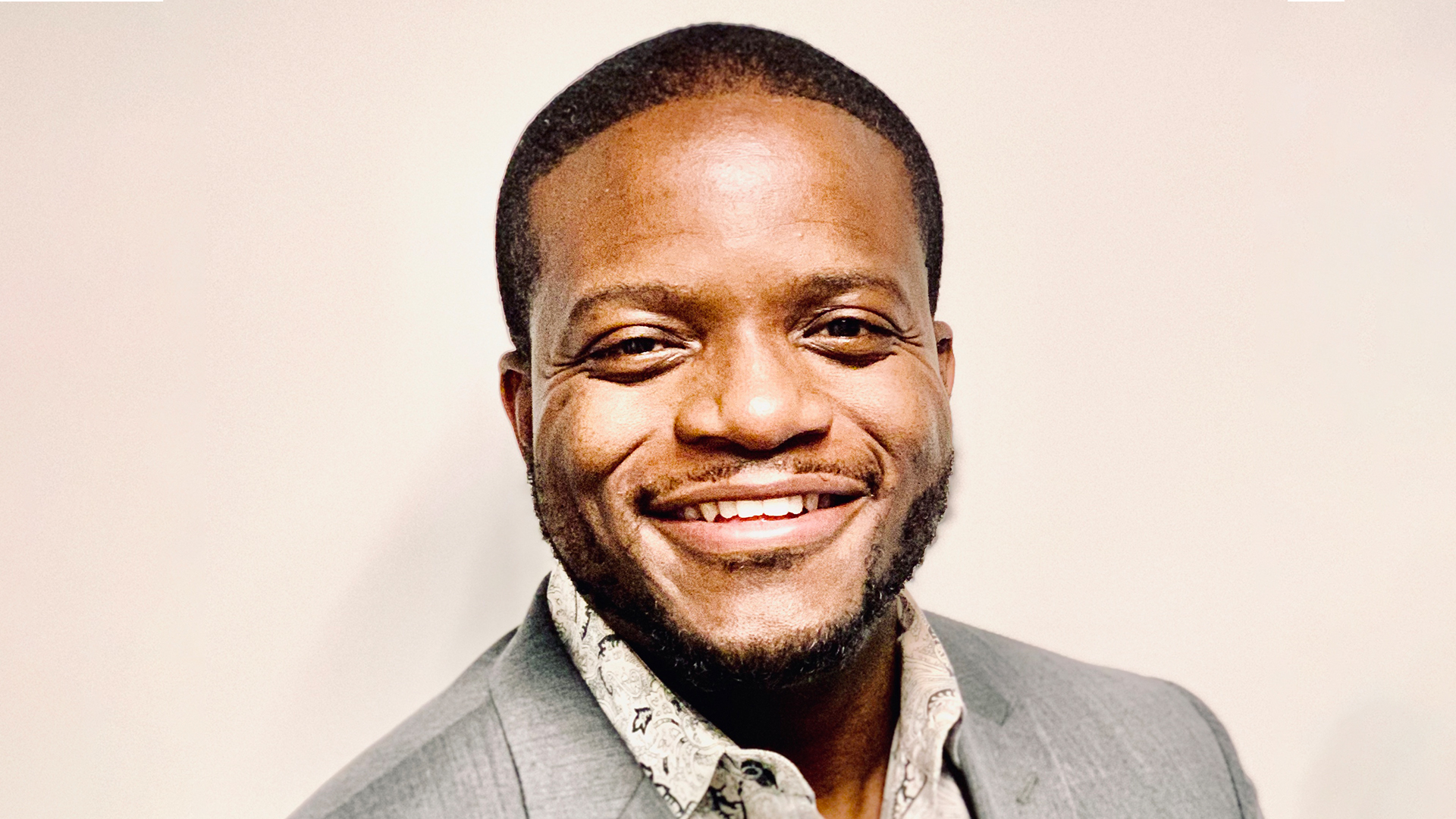HBCU alum Dr. Anthony Harris is leading the future of medicine at Amazon.
From An HBCU To Disrupting The Medical Space
Dr. Harris, a 2002 graduate of Florida A&M University with Senegal roots, had early intentions of improving the healthcare industry. According to information shared with AFROTECH™, he even filed his first patent, a biomedical device, while in college.
Upon receiving his undergraduate degree, he transitioned to a five-year dual degree program at Indiana University, obtaining a doctor of medicine degree and an MBA, his LinkedIn mentions. He also wore the hat of student body president at the university, becoming the first Black individual in this post.
Harris’ early career trajectory led him to work in general surgery for 10 months, and then he pivoted into entrepreneurship. 2009 marked the launch of one of his first companies,
He went on to launch several more companies, most tied to the medical space. He also completed a residency at the University of Chicago in Illinois and obtained a master’s of public health, simultaneously specializing in epidemiology and preventative medicine as well as occupational and environmental medicine.
Harris’ most recent ventures include HFit Occupational Health, which is powered by clinical technology to establish safer workplaces and better employee health.
“At the end of the day, I am a technophile. I used to code until about six years ago when I learned that my coding skills ain’t going to get it anymore,” he told AFROTECH™ during Amazon’s Delivering the Future event held in Nashville, TN. “So how do we apply technology to healthcare? How do we apply healthcare to sociology? How do we apply sociology to articulating how do you care for yourself? How do we elevate self-esteem such that we take better care of ourselves.”
In 2022, two years after HFit’s launch, Harris became the owner of The OMS, an occupational and environmental health consultancy, to help Fortune 500 companies ensure their employees benefit from a preventative health workplace, his LinkedIn mentions.
Amazon’s Global Medical Director
Harris experience has also positioned him to become Amazon’s global medical director for workplace health and safety as of February 2024. He succeeds Peter Lee, whom he had an “appealing” conversation with “in terms of the opportunity” in the wake of COVID-19.
“At the end of the day… can we move faster, and can we move more accurately towards what best practices look like, right?,” Harris mentioned. “No company’s perfect in their execution of any operation across the board, and certainly there are opportunities for us to capture better value for the investment and preventative services around occupational medicine. And that’s what we’re doing now that I’m on board. We’re hitting the pavement, making those investments and investing more in our people and our employees. We have this thing, called the Voice of the Associate. It’s a safety measure that allows any associate, anytime, anywhere to voice their concerns regarding safety. We want to mirror that in regards to health.”
Harris now oversees health initiatives impacting over 1 million Amazon employees, focusing on injury prevention and overall employee wellness. Under his leadership, the company is releasing solutions powered by AI and robotics as well as tools that allow the company to measure pain and examine muscle strain to prevent workplace injury.
In September 2024, Harris led the launch of a naloxone program. Per the National Institute of Drug abuse, the medication reverses an opioid overdose.
Amazon now is ensuring its North American operations are stocked with naloxone, making it one of the first major companies to do so.
“We’re deploying into all of our North American facilities because we know it’s a national epidemic, not in response to anything we’ve done or we’ve experienced within, but it’s definitely something that we know is an epidemic for the U.S. Back in 2017, for the first time, 49,000 fatalities from opioid overdose eclipsed medical vehicle accident deaths. So it’s a problem,” he said. “We have over a half a million employees that will be impacted by this program, [and] that will be in communities that we know are affected by opioid overdoses. So this is our responsibility to step up and help in this opportunity to innovate. And this is not novel, right? The White House National Safety Council, other health officials have said this is what we should be doing. But we’re certainly the largest iteration of this thus far.”


